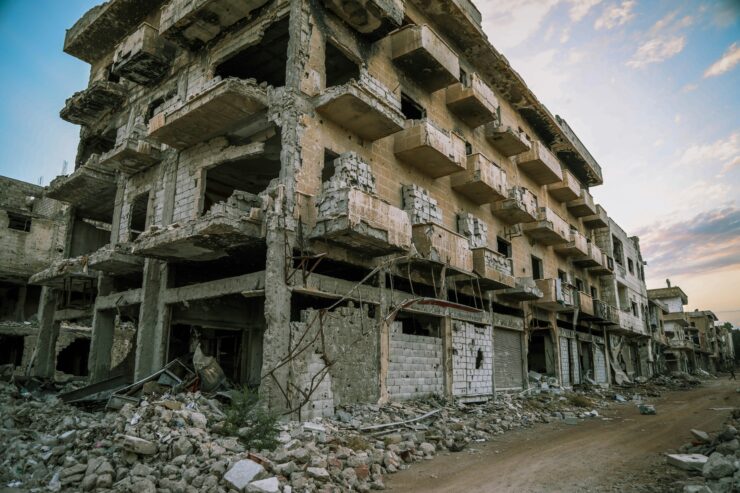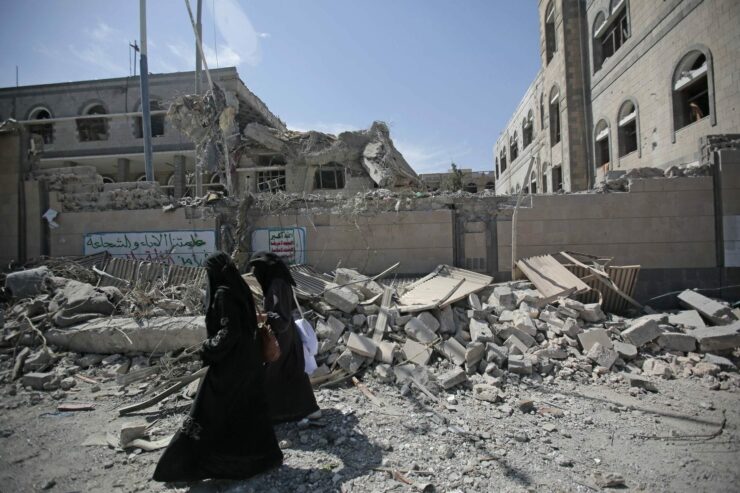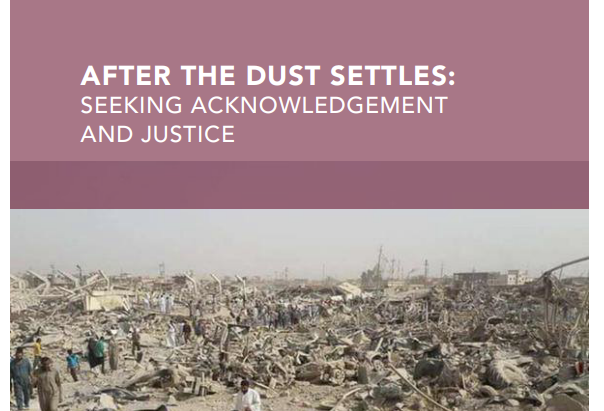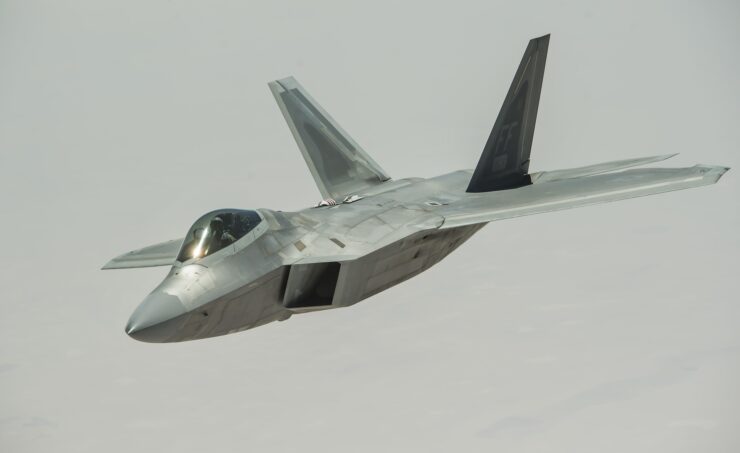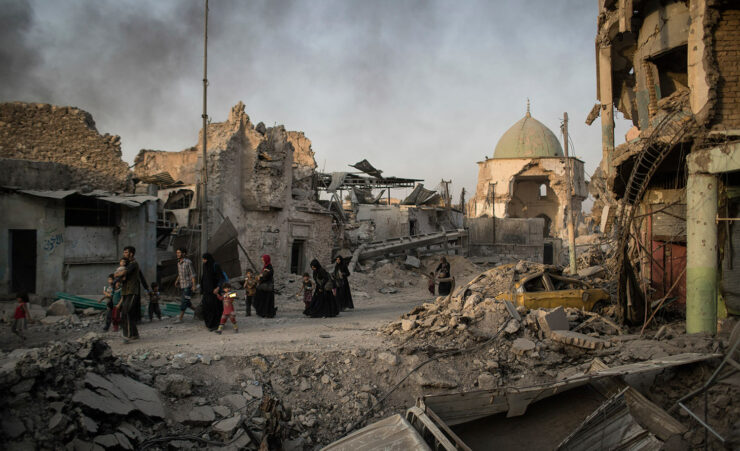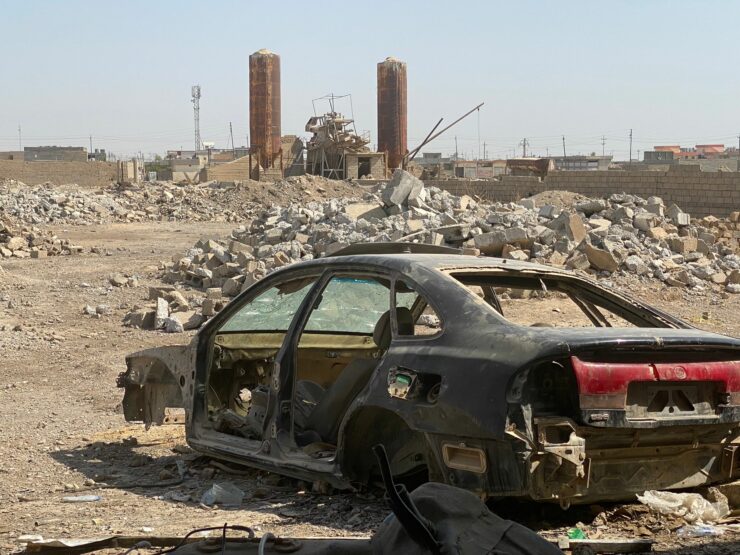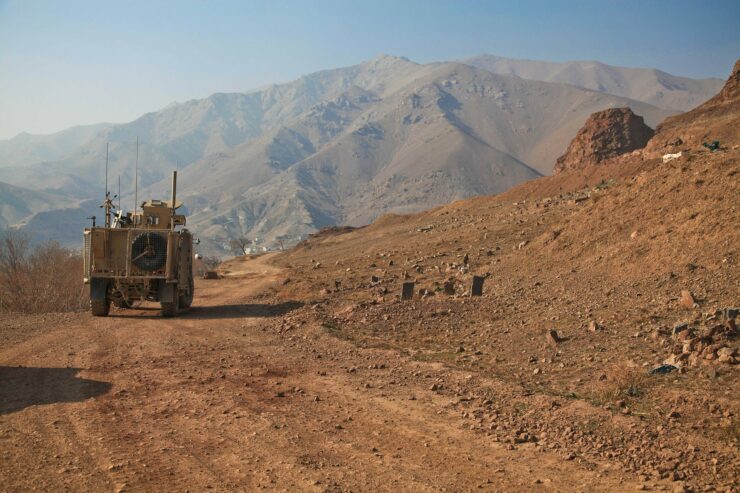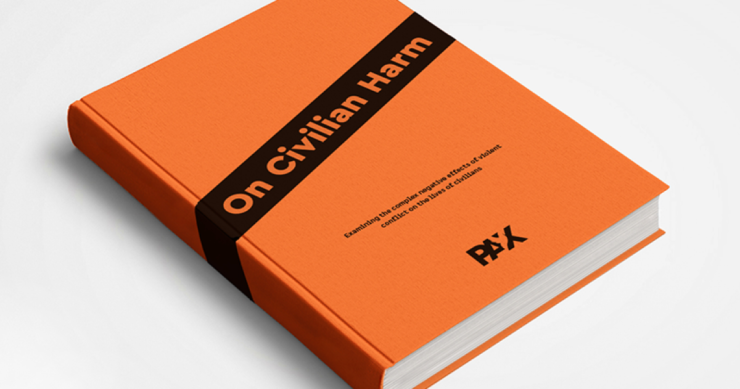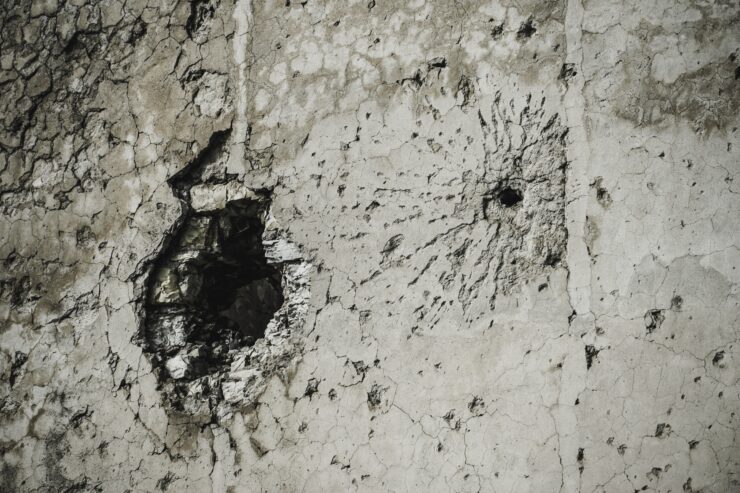Here you will find a variety of relevant publications, op-eds, events, and podcasts published by ourselves and others.
Remote warfare is only remote for some. While politicians portray it as riskless, algorithmic targeting and ‘precision’ airstrikes often lead to widescale civilian casualties. These casualties are often denied, kept secret or undercounted to maintain the myth of a clean war. In response, a growing community of scholars and NGOs have utilised remote-sensing techniques to monitor civilian harm. The resulting contestation of the exact numbers of civilian casualties has provoked intense debate. This raises pressing questions about the impact of the violence executed and democratic control.

